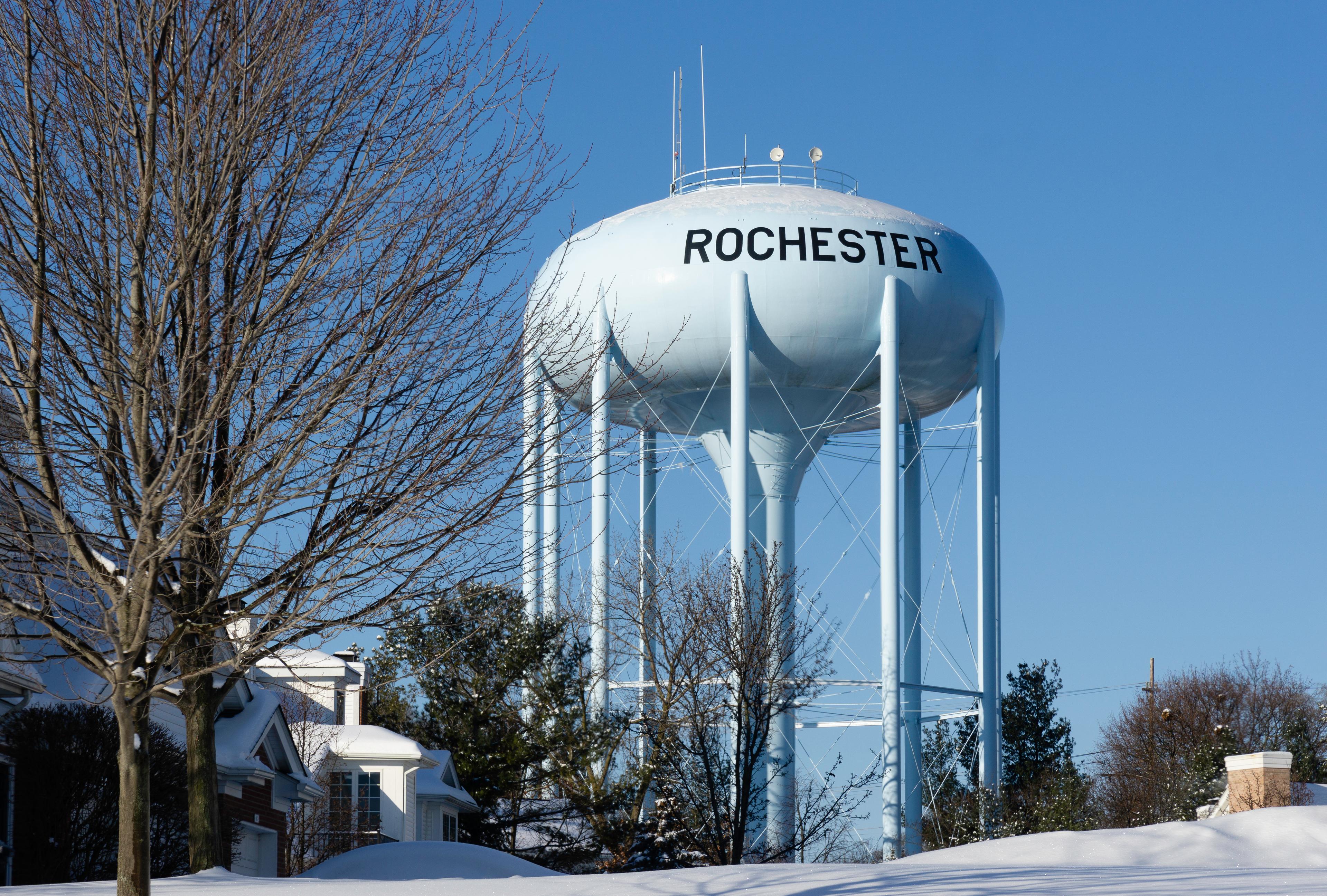What are Developmental Disabilities?
Shandra Martinez
| 3 min read

As soon as children are born, parents and health care providers start watching for milestones. Everything from how well a child nurses or drinks formula, to when they first start to roll over, crawl, walk and talk are monitored through the lens of age-appropriate activities. But for lots of children, developmental disabilities will change the way these markers are measured.
What are developmental disabilities? Several different conditions are gathered under the umbrella term of developmental disabilities. They describe impairments in a person’s language, cognitive or learning abilities, or their behavior. These differences can impact how a person lives their life and can last for a person’s entire life.
Who do they affect? There is no one group of people disproportionately affected by developmental disabilities. Studies show about 17% of children in the United States between the ages of 3 and 17 may have one or more developmental disabilities, according to the Centers for Disease Control and Prevention. These are spread across all socioeconomic groups, as well as all ethnic and racial groups and cultures.
A recent federal study showed there has been an uptick in the number of children and teens believed to have developmental disabilities, according to parental surveys. Some highlights of the findings:
- A larger number of boys were likely to have been diagnosed with a disability, compared to girls.
- More non-Hispanic white and non-Hispanic black children were diagnosed, compared to Hispanic or non-Hispanic children of other races.
- More children living in rural areas were diagnosed, compared to children living in cities.
- More children with public health insurance were likely to be diagnosed, compared to those with private insurance or no insurance.
When do they begin? It can be hard to pinpoint the exact moment some people begin to develop disabilities. Many times, they can begin to form during pregnancy. But other times, developmental disabilities are the result of a traumatic accident, injury or even an illness, like an infection.
What causes them? Just like there are many types of developmental disabilities, there are a variety of causes. Some can be traced to genetics or complications during childbirth. Others might be linked to a parent’s drinking or drug use, or an illness the person’s mother had during the pregnancy. There can be environmental factors too, like a young child’s exposure to lead. In many cases, it can be difficult to say exactly what caused a person’s developmental disabilities.
Most common types of developmental disabilities
While people don’t like to be labeled by a disability, getting an accurate diagnosis can help make sure the resources someone needs can be made available. Here are some of the most common types of developmental disabilities:
- Cerebral palsy
- Intellectual disability
- Vision impairment
- Hearing loss, moderate to profound
- Down syndrome
- Fetal alcohol syndrome
- Fragile X syndrome
Related:
Photo credit: Getty Images





